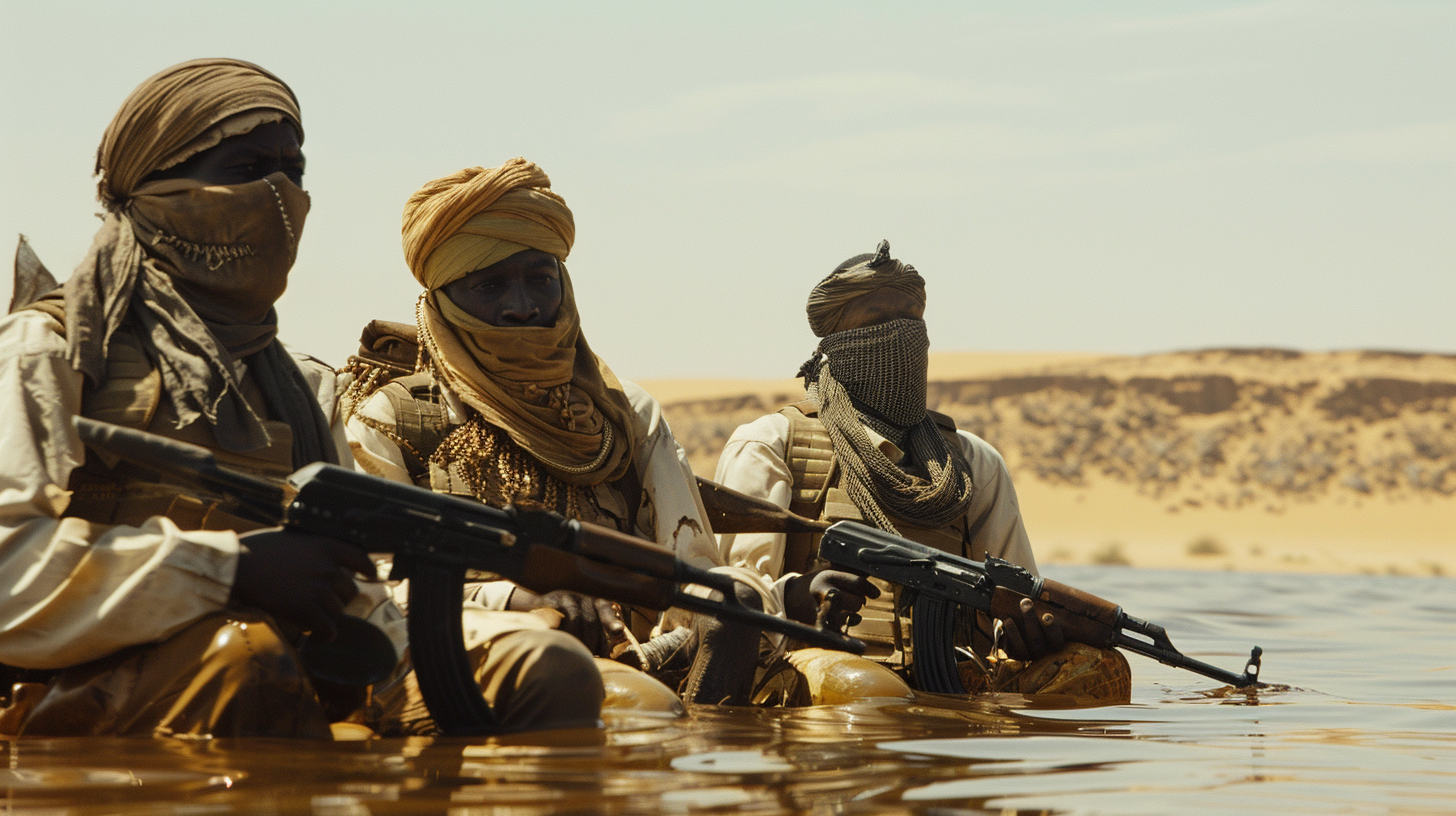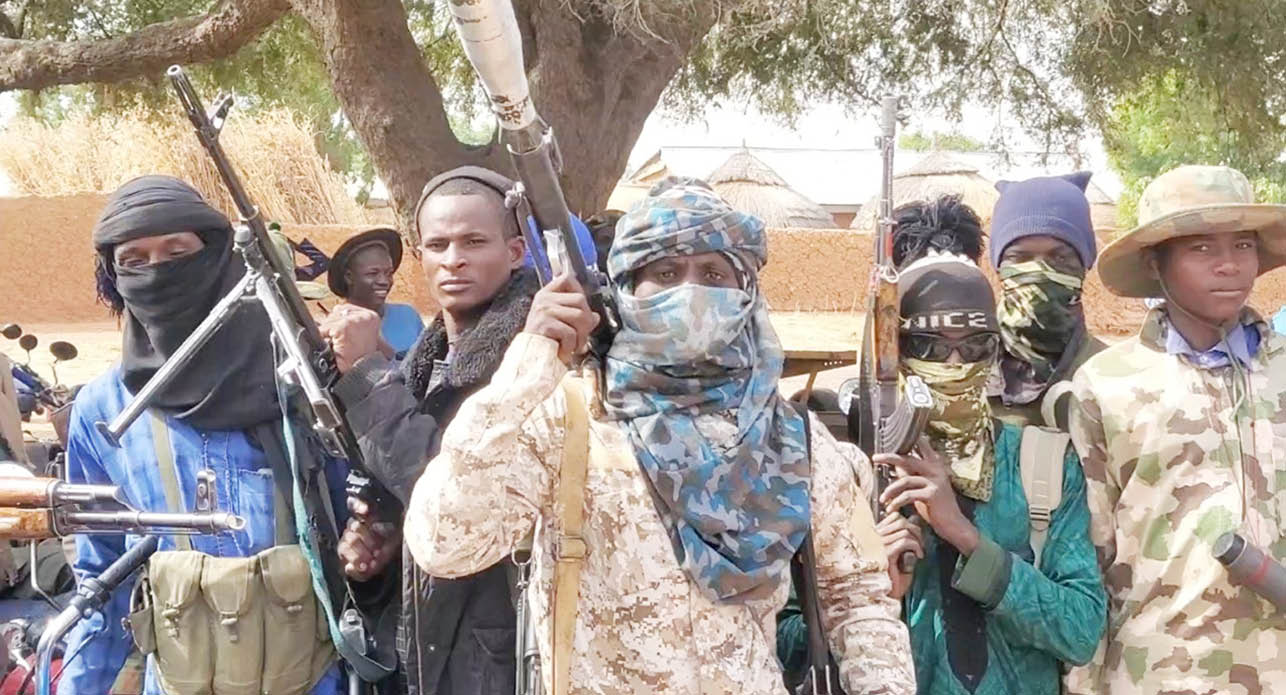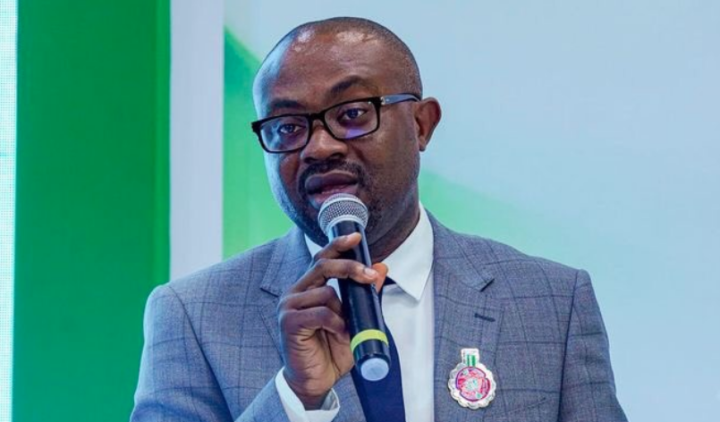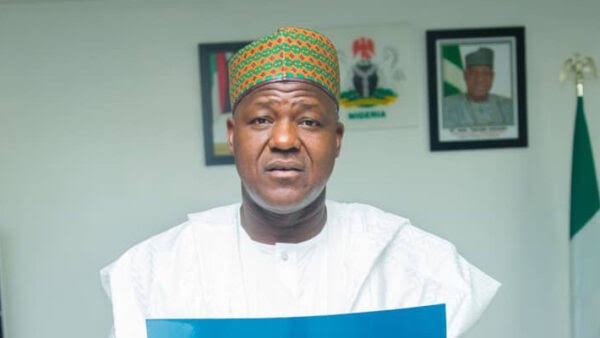A newly emerged terrorist organization, referred to as “Lakurawas” or Mujahidin, has reportedly established considerable dominance over five local government areas in Sokoto State, Nigeria.
Reports obtained by journalists revealed that the terrorists group now collect zakat and other forms of levies from local communities.
The local governments impacted by this group’s activities include Tangaza, Gada, Illela, Silame, and Binji.
This heavily armed faction is known to communicate in several languages, such as Hausa, Fulani, Tuareg, Kanuri, Tuba, and English.
Residents have reported that the group typically arrives in large groups on motorcycles, with some members remaining behind to collect taxes. They also compel locals to harvest crops and supply foodstuffs, threatening confiscation of livestock for those who refuse to comply.
“We know they are coming because they arrive in large numbers, often on 10 to 15 motorcycles. After observing the environment and community, they will leave some members behind as they move to other towns,” Vanguard quoted a source saying.
Chairman of Tangaza Local Government Area, Alhaji Isa Salihu Kalenjeni, confirmed the group’s presence, stating, “They are forcing people to pay zakat, and at the same time robbing them of their belongings. Just recently, they robbed a shop owner of N2 million. They also seized his car and released it after he paid N350,000.”
In a statement released earlier, Major Gen Edward Buba, Director of Defence Media Operations, warned that the Lakurawas are affiliated with ISIS in the Sahelian region and exploited Nigeria’s porous borders with Niger and Mali.
He urged citizens to report suspicious activities, stating: “This is the same thing that happened when Boko Haram started. But this time, we are out for them from the onset. We are locating them and neutralizing them. The lesson to learn from this is if you see strange people, say something. Report to the authorities. Don’t just assume until it gets out of hand.”
Gen. Buba emphasized, “They exploited the vast borders from Niger Republic which stretches to Mali and which became porous as a result of the coup in Niger Republic to cross into parts of Sokoto and Kebbi states because the joint border operations with Nigerian security forces was experiencing gaps. Now we know exactly where they are.”





